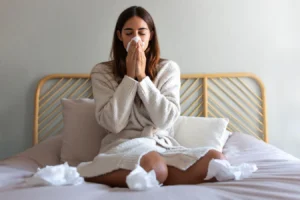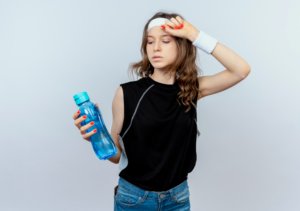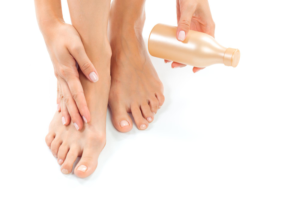Acne affects more than 640 million people worldwide, including about 85% of adolescents. This inflammatory dermatosis affects the general population, from adolescents to adults, which reinforces research on the subject.
In adults, acne has many consequences, including negative psychological impact, low self-esteem, social isolation, and depression. In recent years, much research has been done on this topic, and the essential role of the microbiota has been found, as well as causes and possible treatments with fewer adverse effects.
Acne should not be normalized and treatment should always be sought, no matter what age it occurs. Although it is less common in adults than in teenagers, almost half of people in their 20s and 30s continue to have acne, and about 4% continue to have the problem in their 40s.
Regarding acne in adult women, an increase has been observed in the last 10 years, and it currently affects between 15-50% of adult women according to various studies.
Possible causes
The pathophysiology of acne is quite complex and the causes vary from person to person. It results from the combination of several factors such as hyper seborrhea (increased production of fat from the sebaceous glands) generally induced by androgens; follicular hyperkeratinization, which results in thickening of the outer layer of the skin, with an increase in dead cells occluding (clogging) the hair follicles; loss of the normal skin microbiota; and inappropriate inflammatory response.
When acne persists in adults, various causes must be studied, including, in addition to hormonal causes, environmental factors such as nutrition, medications, occupational factors, climatic factors, psychological factors, and those related to lifestyle.
Therefore, it is important to consult a specialist to be able to classify acne and thus find the best treatment alternative.
Antibiotics were once widely used, but recent studies have shown that, depending on the case, the best option is an appropriate combination of oral medications (isotretinoin, antibiotics, oral contraceptives, spironolactone, etc.) with topical medications or creams (retinoids, benzoyl peroxide, etc.) combined with lifestyle changes.
There are also some complementary treatments such as pulsed light or LED therapies, but they should not be first-line, without considering the rest of the treatments.
Recommendations
- Consult: If you have facial lesions and suspect that you have acne, do not assume it is normal and consult a skin specialist so that he can perform an adequate evaluation, classify the type of acne, perform complementary studies if necessary, and suggest the most appropriate treatment. This way you can prevent the appearance of scars early.
- Do not self-medicate: a serious problem currently in the treatment of acne is bacterial resistance, due to the inappropriate and excessive use of antibiotics. Also, the use of topical products (soaps and creams) that are not prescribed by your medical professional can complicate the condition. Many people think that using creams or applied products will be harmless, but they could cause a lot of damage.
- Follow your treatment: Your doctor will prescribe a certain routine for cleansing, moisturizing, and sun protection, as well as probably oral medications and certain follow-up visits. Try to follow them until the problem is resolved. Remember that many factors can affect the health of your skin, so your specialist will probably recommend other professionals for your comprehensive treatment.
- Modify your lifestyle: It is recommended to reduce the consumption of dairy products, sugars, and fats, hydrate properly, and exercise routinely.























+ There are no comments
Add yours